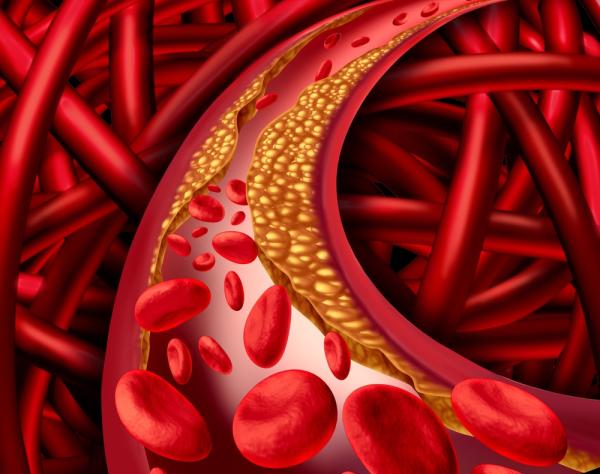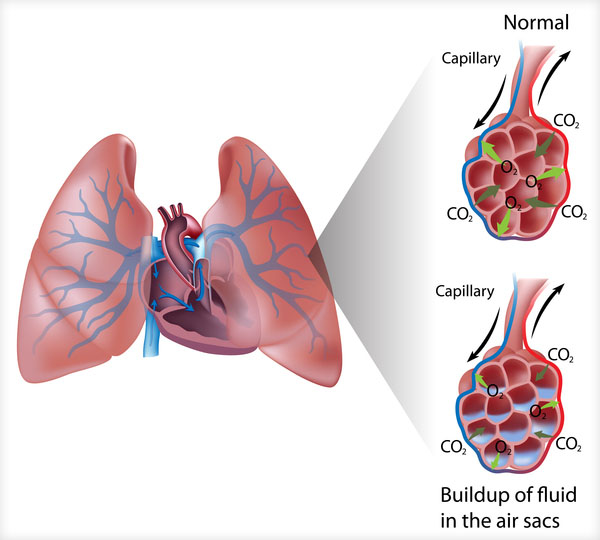An Unlikely Target in the Fight Against Alzheimer’s
IRP Researchers Find Link Between Dementia and Byproducts of Cholesterol Breakdown
When most people think about Alzheimer’s disease, the liver is probably the organ least likely to come to mind. Yet recent IRP research suggests that molecules called bile acids, which are synthesized in the liver, may influence the development of Alzheimer’s disease. In honor of Brain Awareness Week this week, we’re diving into that work to learn how such an unlikely target could help lead to new treatments for Alzheimer’s and other forms of dementia.
To date, efforts to develop therapies for Alzheimer’s disease, which affects more than 6 million Americans over the age of 65, have achieved little success. Many scientists are focused on proteins in the brain as potential treatment targets, including the ‘amyloid-beta’ protein now infamous amongst Alzheimer’s researchers. In contrast, IRP senior investigator Madhav Thambisetty, M.D., Ph.D., has been exploring the role that cholesterol might play in the development of Alzheimer’s and vascular dementia, which is marked by microscopic bleeding and blood vessel blockage and is the second most common form of dementia.




